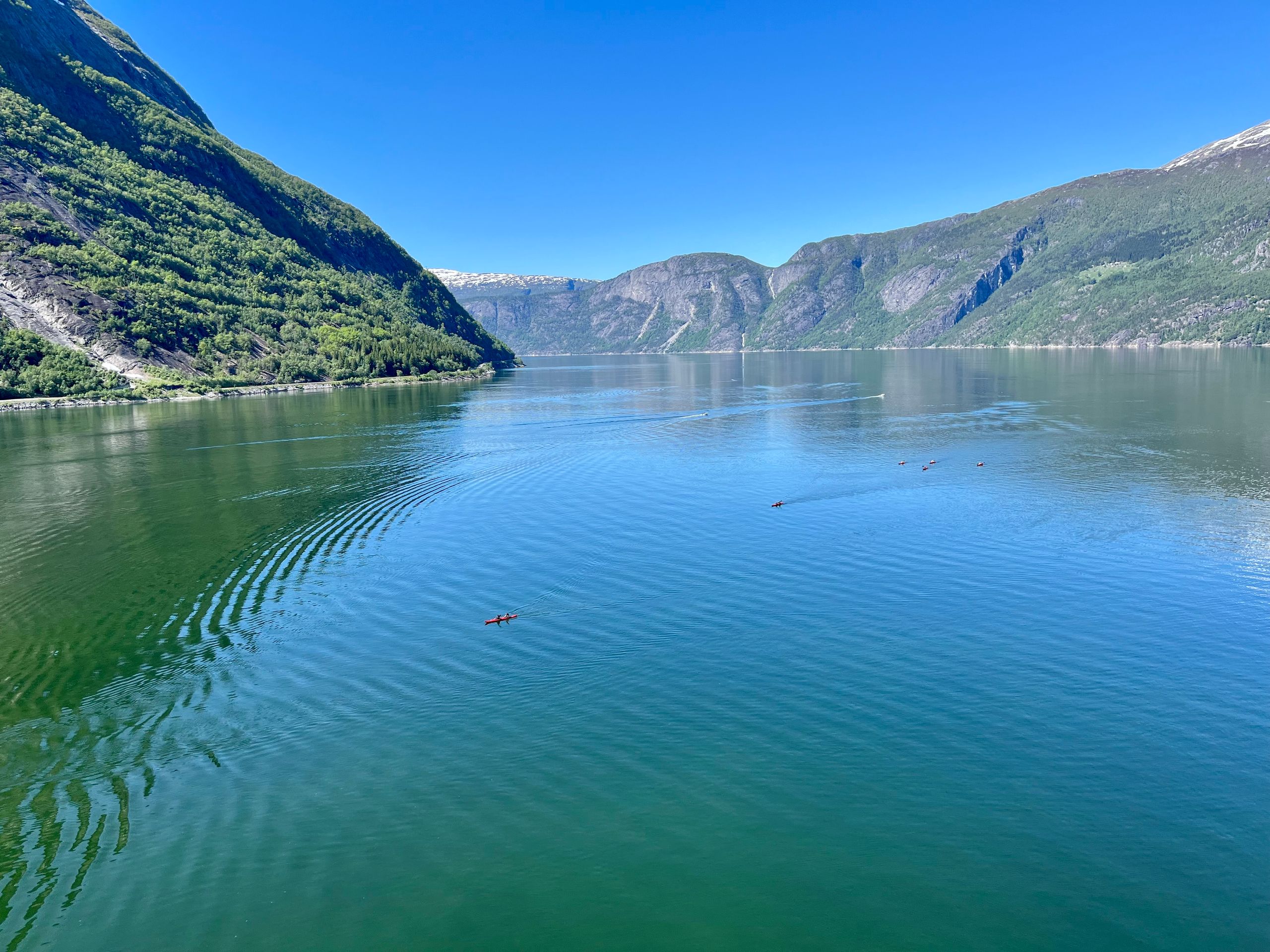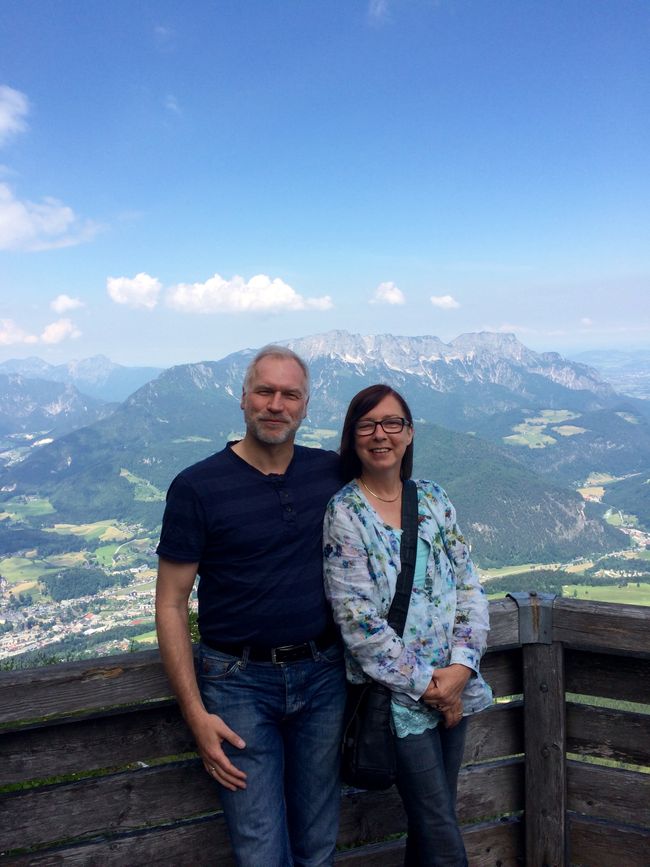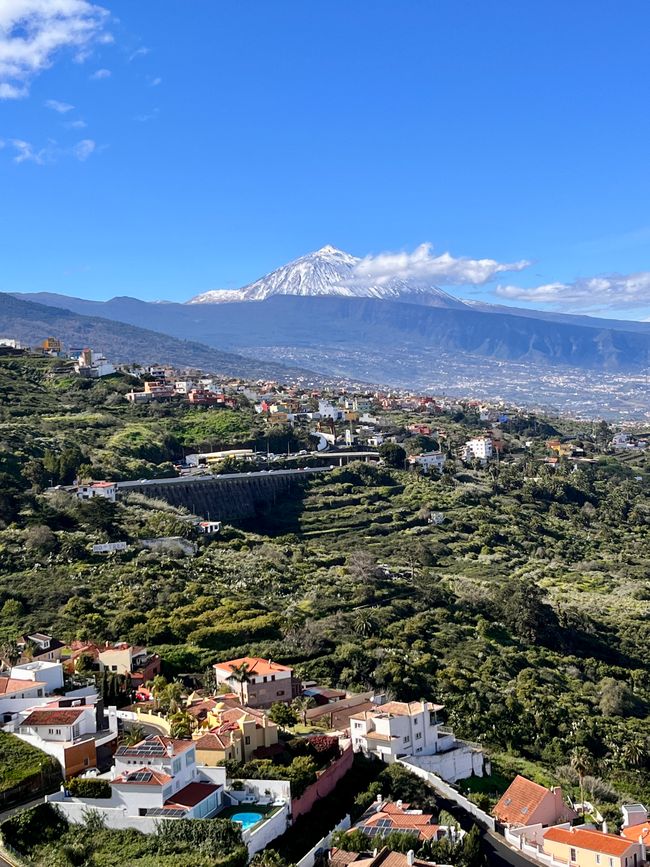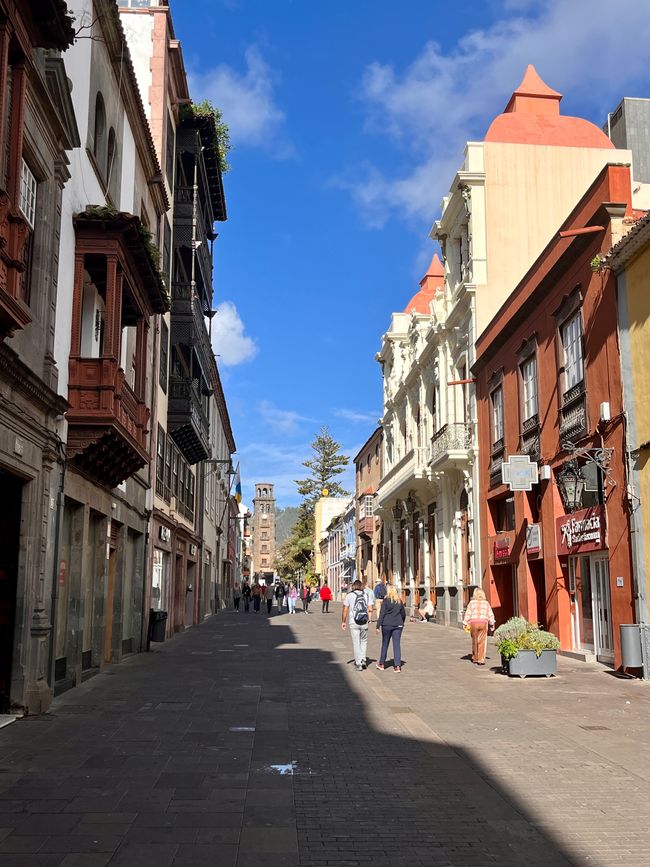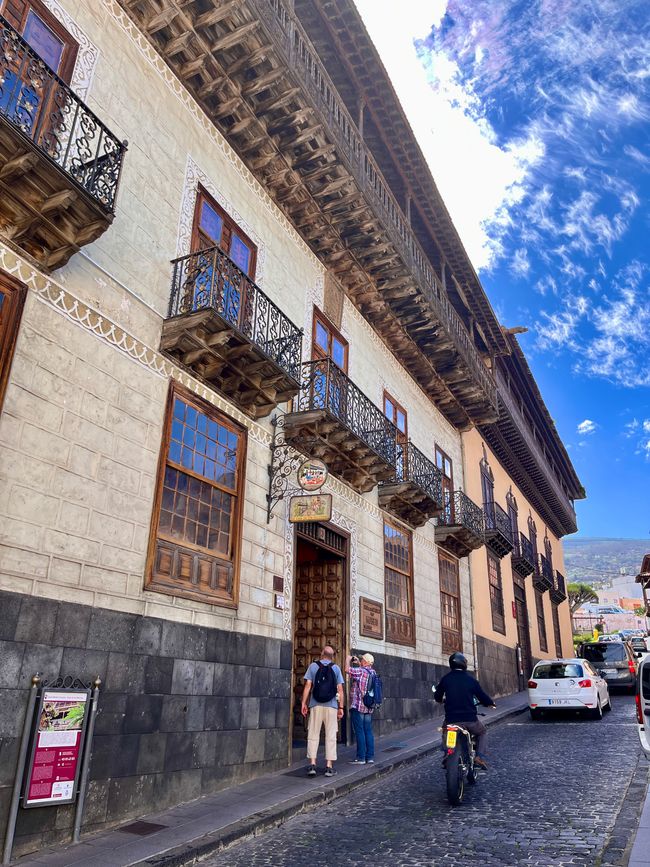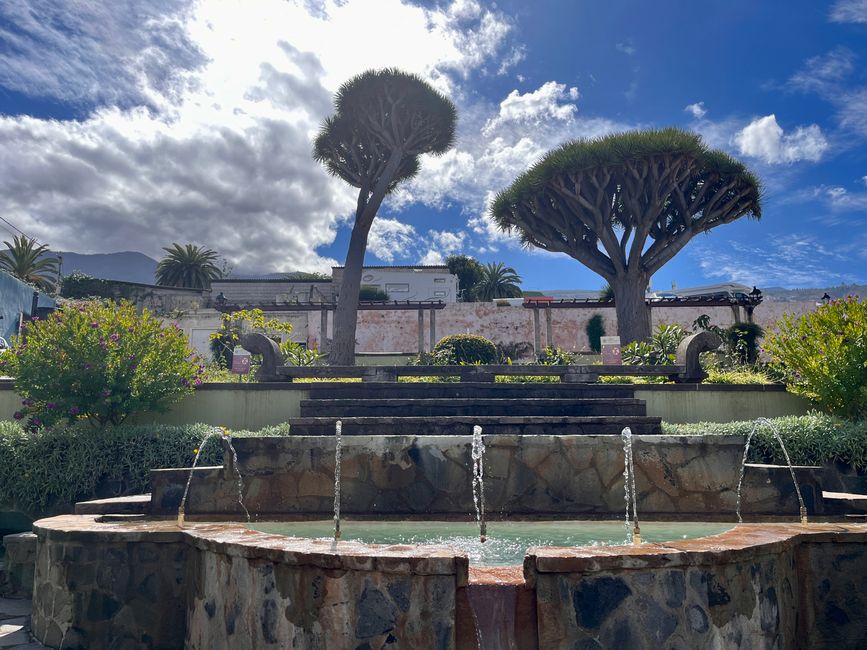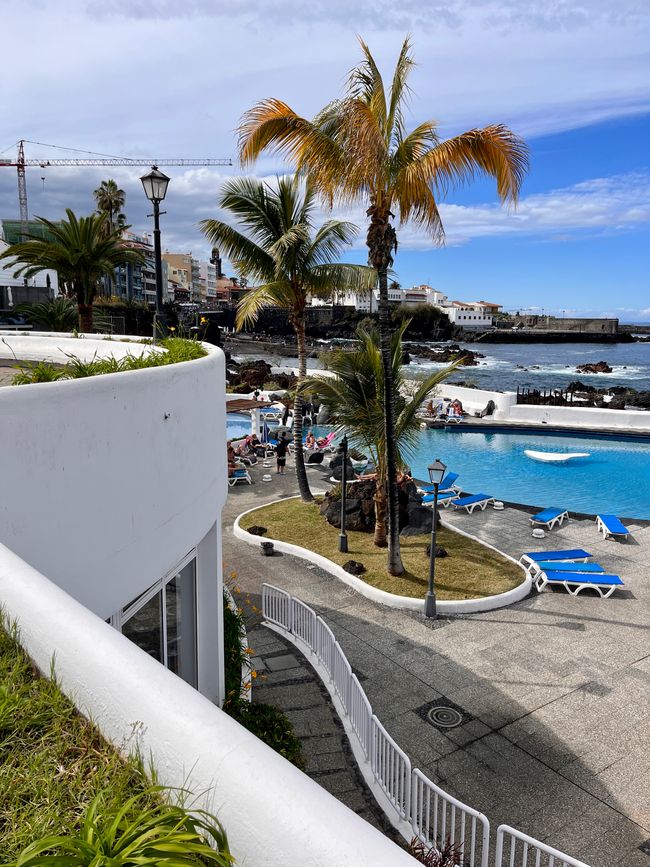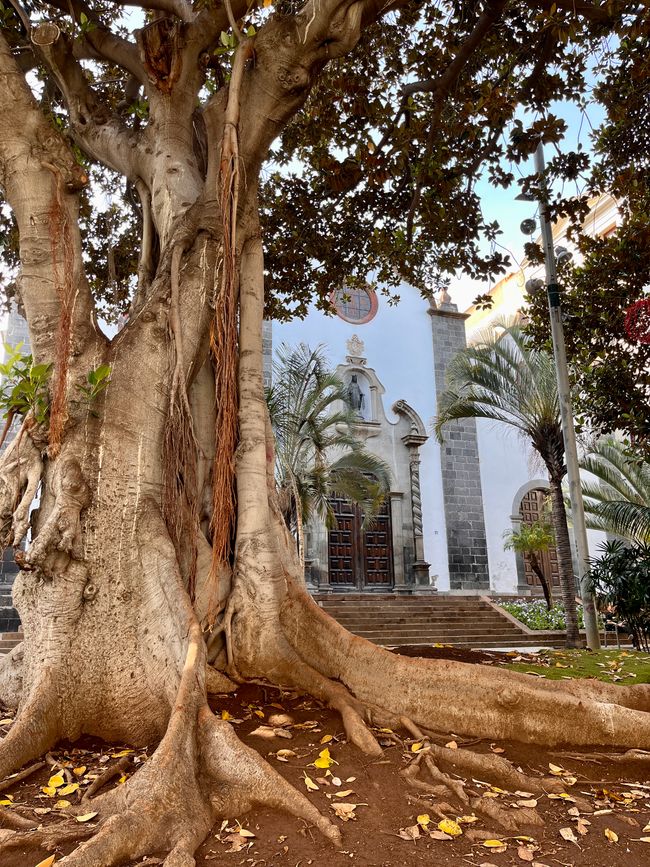Tag 110: Tenerife - From Guanches and volcanoes
પ્રકાશિત: 16.02.2023
ન્યૂઝલેટર પર સબ્સ્ક્રાઇબ કરો
Tenerife, the largest and most important of the Canary Islands with an area of 2,034 square kilometers, is located in the Atlantic Ocean off the west coast of Africa. It is an island of contrasts with bustling tourist centers and remote villages, sun-drenched beaches and snow-covered mountains. The outstanding feature of the island is the Pico de Teide. With a height of 3,718 meters, the mountain is almost 1,000 meters higher than the Zugspitze and the highest mountain in Spanish territory. Tenerife is particularly popular with Germans and Britons as a holiday destination throughout the year.
The original inhabitants were the Guanches, who - it is believed - populated the islands from North Africa around 500-800 BC. They were a primitive cave-dwelling people who were compared to people from the Stone Age and practiced agriculture and animal husbandry. During the 15th century, the Canary Islands became the target of the expanding Spanish colonization. The Guanches initially showed strong resistance to the attacks and even achieved some successes in battles. But in 1495, the inhabitants of Tenerife had to surrender in the face of the Spanish superiority and superior firepower.
Right at the exit of the terminal, there is a taxi driver with the sign "Taxi for six people". His name is Jose and he offers a tour in the north of Tenerife, which is supposed to last about 4-5 hours and costs 35 € for each of us. Barely started, I tell Jose that I speak some Spanish. Big mistake! From now on, he switches to Spanish, which turns out to be interesting. He supplements everything I don't understand in English. Language course with a difference.
First, we go to the old town of San Cristobal de La Laguna. We stroll along a straight road for several hundred meters to the cathedral and back the same way, where Jose is already waiting for us. Then we continue towards Puerto de la Cruz for a first photo stop in El Sauzal. From here, you have a fantastic view over Puerto de la Cruz and the towering Teide with its snow-covered peak of over 3700 meters. We take in the panorama for minutes. The second photo stop is in La Orotava directly above the banana plantations, most of which are exported to Europe. In the village, we visit the House of the Balconies with the adjacent Plaza de San Francisco.
Arriving in Puerto de la Cruz, we walk along the waterfront promenade. In the last 20 years, hotels, restaurants and shops, as well as the aforementioned waterfront promenade, have been built here. Everything is well done and designed for mass tourism. Jose says that during the season, there are 9 tourists for every 1 resident. At the end of the promenade, we go directly to the old part of the harbor. Along the piers, you can go swimming in small natural pools, although there are plenty of crabs populating the surrounding rocks. Everywhere there is busy activity. Back in the taxi, we drive to Santa Cruz de Tenerife, where we say goodbye to Jose in the center and stroll back to the ship. We enjoy the flair of the city and there is still time for some shopping.
ન્યૂઝલેટર પર સબ્સ્ક્રાઇબ કરો
જવાબ આપો
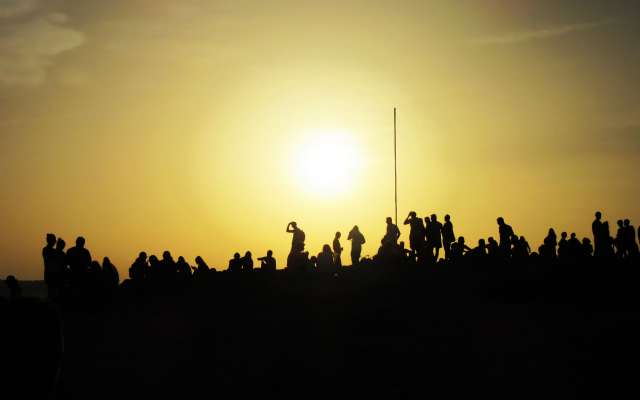
મુસાફરી અહેવાલો સ્પેન
